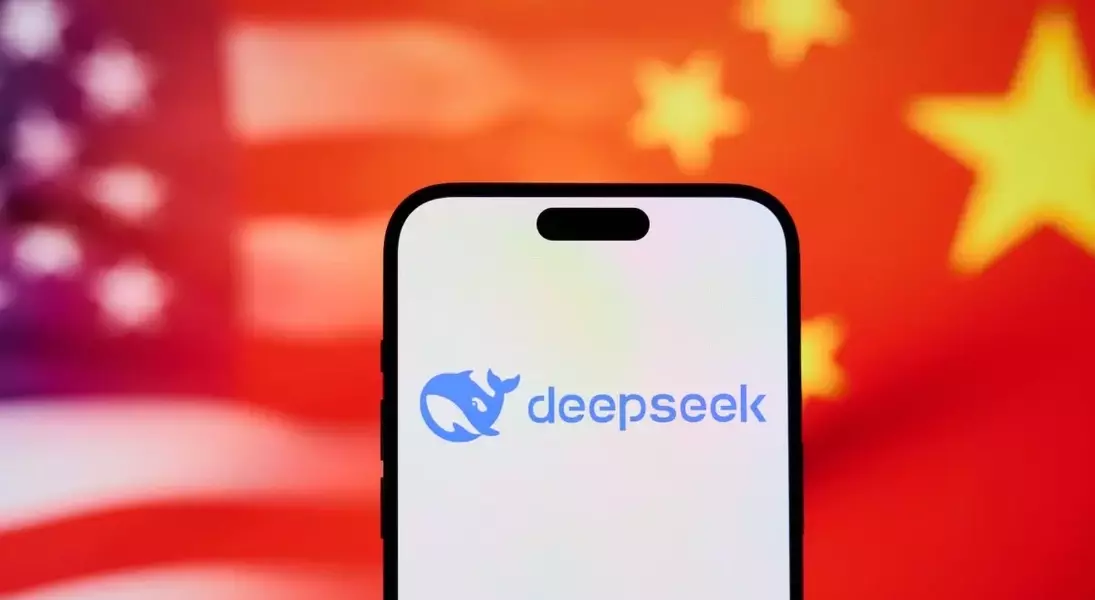
The rapid rise of DeepSeek, a Chinese-developed chatbot, has sparked mixed reactions in the United States. While the application soared to the top of both Apple and Google Play stores, gaining significant traction among consumers, it also encountered substantial resistance from various sectors. Major cloud providers, including Microsoft, have integrated DeepSeek into their platforms, underscoring its growing popularity. However, concerns over data security and privacy have led numerous organizations, particularly those with governmental affiliations, to block the service. The apprehension stems from the potential risk of sensitive information being exposed to Chinese authorities due to local regulations requiring companies to share data with intelligence agencies.
Data Privacy at Stake: Corporate and Governmental Reactions
DeepSeek's swift ascent in the U.S. market has been met with cautious scrutiny, especially regarding its data handling practices. Many enterprises, particularly those involved with government operations, have taken preemptive measures by prohibiting access to the platform. Cybersecurity experts highlight the primary worry about possible data breaches that could compromise confidential information. Interviews with executives from leading cybersecurity firms Armis and Netskope revealed that hundreds of companies have already restricted DeepSeek’s use. These actions underscore the growing unease over the potential vulnerabilities associated with the chatbot's data storage policies.
The decision to restrict DeepSeek is not isolated to private corporations. Government entities are also taking decisive steps. For instance, the Pentagon has recently initiated measures to block the chatbot, following the Navy's lead from the previous week. This coordinated response reflects a broader concern about safeguarding national security and protecting sensitive data. According to DeepSeek’s privacy policy, all user data is stored in China, where stringent local laws require companies to share information with intelligence agencies upon request. Such regulations heighten the risk of unauthorized data access, prompting these precautionary measures from both corporate and governmental bodies.
Legal and Ethical Implications: A Closer Look
Beyond the immediate security concerns, the integration of DeepSeek into the U.S. market raises important legal and ethical questions. The San Francisco-based law firm Fox Rothschild has joined the list of organizations blocking the chatbot, emphasizing the broader implications for data protection and privacy rights. Legal professionals are increasingly scrutinizing the terms under which user data can be accessed and utilized. The potential for data leakage to foreign governments poses a significant challenge to maintaining the integrity of personal and organizational information.
The controversy surrounding DeepSeek highlights the complex interplay between technological innovation and data security. As more businesses and government agencies adopt advanced AI tools, ensuring robust data protection mechanisms becomes paramount. The case of DeepSeek serves as a critical reminder of the need for stringent oversight and transparent policies when it comes to international data flows. Companies like Armis and Netskope continue to monitor the situation closely, advising clients on best practices to mitigate risks. Ultimately, the debate over DeepSeek underscores the ongoing struggle to balance technological advancement with the imperative to protect sensitive information in an interconnected world.
